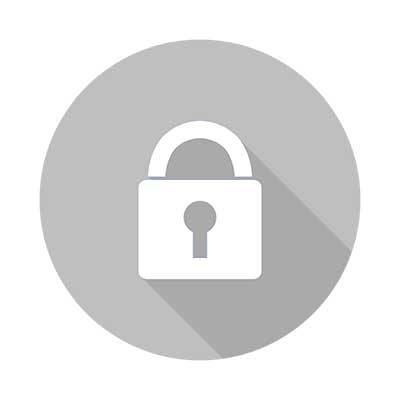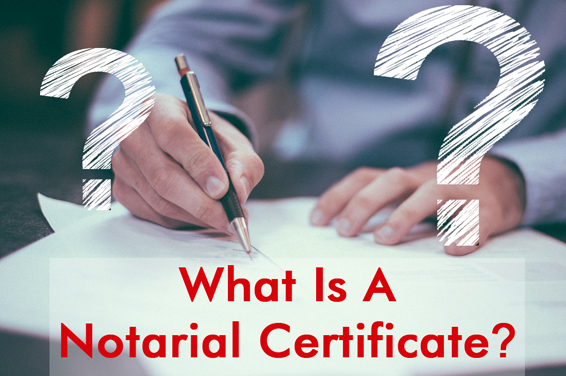National
High quality notary supplies, support and training materials that meet state notary law requirements to help Notaries perform their public duties with confidence and success.
Education for new and veteran Montana notaries is essential to ensure you remain informed, and advance your understanding of notary law and protocol. Our state-approved notary education course, in collaboration with the American Society of Notaries, satisfies Montana's notary education requirements effective July 1, 2020 and prepares you to take the Montana notary exam. It provides you a background of information to help you to become a confident and successful Montana notary. This course is accessible 24 hours a day, 7 days a week and can be completed at your own pace in the convenience of your home or office.
Course fee: $30.00
Already purchased? You may access the course from your account.
Notary Public Underwriters of Montana, Inc. is proud to be a State of Montana approved education provider.

In the business world, the term “presentment” refers to automation of document distributions among employees, colleagues, partners, customers, and any other persons or entities who share information with each other. One simple example of this type of presentment is the distribution of invoices from a supplier to all its customers.
But as described by some, “presentment” is a new way for entrepreneurial notaries to earn additional income… a process combining the services of a document courier with the trustworthy image of a notary public.
What is a presentment?
In the simplest terms, “presentment” is a demand made to a party to pay a negotiable instrument that has been received, but “dishonored” by nonpayment. For example:
- Person X* owes Person Y money as agreed upon in a promissory note.
- Person X has not yet paid the debt.
- Person Y decides to give Person X a written demand—a “protest” —for payment. A notary is used to “present” the demand.
____________
*NOTE: “Person” means an individual or an entity.
Should a notary accept an appointment to perform a “presentment”?
First, you must be sure that your state authorizes you to perform this service.
The clear majority of U.S. states (75%) authorize their notaries to “note protests,” a traditional term for presentments. Before accepting an assignment to perform a “presentment,” check your state law to verify that it authorizes you to note protests.
If you confirm that your state does authorize noting protests, the next recommended step is to ask any party requesting your presentment services, or recruiting you to be on-call for future appointments, to provide a sample of any documents that you would be expected to complete as part of performing the presentment.
Review these documents carefully, to assure yourself that no form or letter you are expected to notarize is not also a form or letter you are expected to agree to by signing it. That circumstance would result in notarizing your own signature—a prohibited act for notaries in all U.S. states.
Finally, avoid “presenting” clearly fraudulent or nonsensical demands. For decades, presentments and similar legitimate processes have been exploited by persons either attempting obvious and outright fraud, or seeking a “fringe” alternative to complying with the laws and conventions of organized society. The perpetrators want to capitalize on the trust and respect the general public feels for notaries and notarized versus non-notarized documents. Think twice before agreeing to presentment of any documents containing clearly outlandish/nonsensical statements or allegations, or that purport to impose on the recipient any “laws” of a person or persons who believe themselves to be immune from the requirements of U.S. state and federal law.
Notary education is essential to ensure you are informed, and advance your understanding of notary law and protocol. Our Notary Basics Course, developed by the American Society of Notaries, provides you an overview of the office of notary public, a breakdown of the most common notarial acts, steps for performing a notarization, when to refuse or stop a notarization, and more! This course is accessible 24 hours a day, 7 days a week and can be completed at your own pace in the convenience of your home or office.
Course fee: $20.00
Already purchased? You may access the course from your account.
 |
Information Security |
Will you share my contact information with others?
Do you keep my information?
How secure is my payment?
Will you share my contact information with others?
Absolutely not. For more information, please read our Privacy Policy.
Do you keep my information?
We do save some of your information, such as your name, email, address and order number. We do NOT store your payment details. For more information, please read our Privacy Policy.
How secure is my payment?
Security is Notary Public Underwriters’ highest priority. We use the most up-to-date safeguards for the application and payment process. In addition, we do not store any of your payment details.
If you don't see your question listed above, please contact our Customer Care Team. We'd love to assist you.
The notarial certificate is a written statement, signed and sealed by the notary public, certifying the facts of a notarial act. The two most common notarial acts a notary will be asked to perform are administering oaths and taking acknowledgments. Oaths and acknowledgments are two different notarial acts, therefore each will require its own certificate wording. Always check with your state’s commissioning authority to make sure you use acceptable notarial language.

